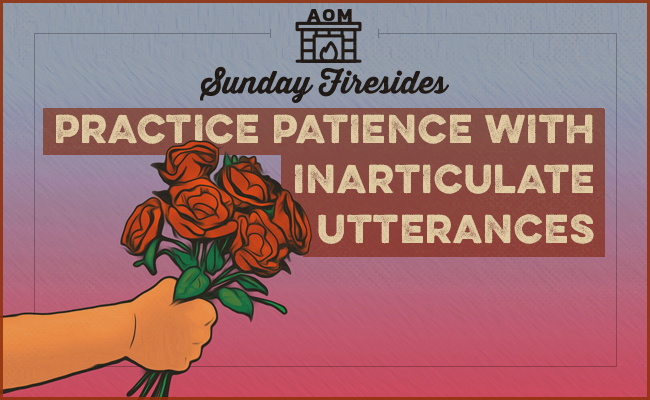
When the famous war correspondent Ernest Pyle was four years old, he came across a bunch of roses growing wild on his family’s farm and decided to give them to his mother. But as he bent down to pick the flowers, he spotted a snake in the surrounding grass, and took off running towards his house in fright. On his way to safety, however, little Ernie encountered a thicket of weeds, and fearing it might hide another snake, froze on the spot and called out for his mother.
When she emerged from the house, unaware of what had previously transpired, she told Ernie to walk through the weeds and come to her. But he only stood there and cried. Increasingly frustrated with the boy’s refusal to move, she finally whipped him for his seeming obstinance.
When Ernie’s mother later learned what had really happened, she was crestfallen. “My mother cried for a long time that night after she went to bed,†Ernie remembered. “I think it was the roses that hurt her so.â€
This is one of the steepest learning curves of parenthood: you unleash your temper on a small child over some seemingly intentional bit of defiance or misbehavior, only to realize some other cause was to blame; they were fussing or acting up because they had a fever or a burr in their pants or a desperate need for a nap . . . but lacked the capacity to verbalize the problem.
This dynamic doesn’t entirely disappear once children become adults. Even when grown, people don’t always understand and can’t always articulate what they desire and need. They long to connect, but push away; they wish to show love, but lead with anger.
Remember, then, to be patient; for there are times when everyone, of every age, wants to give roses, but can only muster tears.


